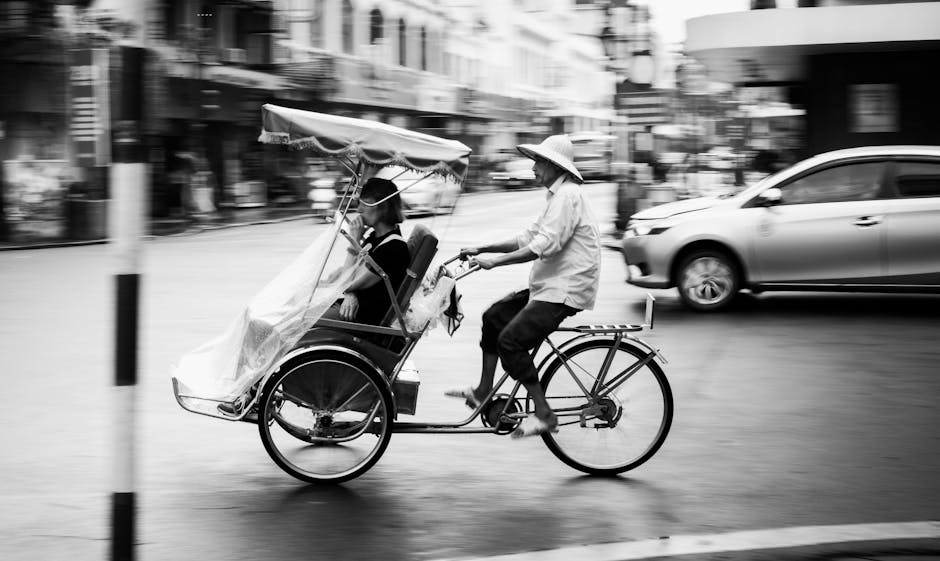
Scent-sational-history-Tracing-the-legacy-of-perfumery-through-time
Perfumery is an art that has transcended time, leaving fragrance trails that evoke emotions and memories. Join us on a captivating journey as we trace the scent-sational history of perfumery through the ages.
1. Ancient Origins
The history of perfumery dates back to ancient civilizations such as Egypt, Mesopotamia, and India. These ancient cultures recognized the power of scent and used fragrant plants and resins in their rituals, religious ceremonies, and as offerings to the gods.
Perfumery techniques and ingredients evolved over time, with ancient Egyptians developing complex extraction methods using oils, balms, and aromatic vinegars. Their skillful blending of scents paved the way for the modern perfumery we know today.
2. Arabian Influence
The Arabian Peninsula played a significant role in the history of perfumery. Arabian perfumers, known as attars, perfected the art of distilling essential oils from flowers, woods, and spices. Their trade routes spread fragrances across continents, captivating people with their exquisite blends.
Arabic perfume traditions were characterized by rich, complex, and mesmerizing scents, often blending floral notes with precious woods and exotic spices. These fragrances were highly sought after and greatly influenced perfumery in Europe.
3. Renaissance Era
The Renaissance ushered in a new chapter for perfumery, with advancements in distillation techniques and access to a vast array of aromatic materials. Perfumers in Europe sought to recreate the luxurious scents they discovered through trade with the East.
Influential figures like Catherine de' Medici and Queen Elizabeth I further popularized the use of fragrances. Perfume became an integral part of European court culture and was used to mask odors in an era where bathing was less common.
